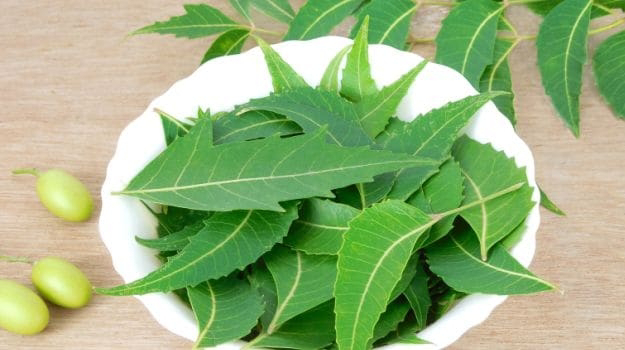BENEFITS OF NEEM LEAVES (Dogonyaro)(BOTANICAL NAME: Azadirachta indica)
The use of medicinal plants for treating diseases has been prevalent since ancient times. These plants are considered nature's pharmacy, harnessing potent properties to combat ailments. One such plant is neem.
Neem, scientifically known as Azadirachta indica (Meliaceae), is a widely recognized medicinal plant in Nigeria, commonly referred to as Dogonyaro. Originally from Southeast Asia, the dogonyaro tree has spread across the globe.
The dogonyaro tree is fast-growing and adaptable to various tropical regions and soil conditions. Researchers have acknowledged the antibacterial, anti-tumour, pesticidal, anti-helmintic, sedative, contraceptive, anti-fungal, antiviral, and anti-inflammatory properties of neem, contributing to its global popularity.
After three years, the dogonyaro tree starts bearing fruits and reaches full maturity after a decade. It can yield over 50kg of fruits annually for up to a century. Every part of the neem tree, including the bark, leaves, seeds, and fruits, offers beneficial medicinal properties and can be utilized as remedies for specific ailments and diseases.
BENEFITS OF AZADIRACHTA INDICA (Dogonyaro or NEEM):
Dogonyaro leaves contain edunin and nimbidol compounds, which exhibit destructive effects on fungi.
Dogonyaro leaves can be used as vaginal suppositories to prevent and control the spread of sexually transmitted infections.
The anti-fungal and antibacterial nature of dogonyaro leaves makes them suitable for treating skin infections like psoriasis, eczema, scabies, and acne.
Dogonyaro trees are effective for erosion control and combating deforestation.
Dogonyaro aids in the detoxification process, maintaining healthy respiratory, digestive, and circulatory systems.
Extracts from dogonyaro can be used to create soaps and oils, promoting healthy and radiant skin.
Neem alleviates swollen and puffy eyes due to its anti-inflammatory properties.
Neem oil possesses antiseptic and antibacterial qualities, making it useful for treating cavities, dandruff, halitosis, gum disease, and controlling hair lice.
Malarial patients can bathe in boiled water infused with neem leaves.
Researchers suggest that dogonyaro can reduce fertility in humans due to its contraceptive properties.
Dogonyaro can function as a spermicide.
Individuals with athlete's foot can soak their feet in warm water mixed with dogonyaro oil.
People experiencing itchy and dry scalp can rinse their hair with cooled boiled neem leaves water.
Neem's anti-coccidial properties make it an ideal pesticide.
Dogonyaro leaves extracts possess antiviral properties that destroy viruses and hinder their growth and spread within the body.
Neem oil can be used as nasal drops to treat sinusitis.
Dogonyaro water mixed with honey, consumed for at least seven days in the morning, can cure jaundice.
Applying warm dogonyaro oil to the ears can alleviate earaches.
Dogonyaro acts as a blood cleanser, stimulating antibody production and boosting the immune system.
Excessive vaginal discharge can be treated with dogonyaro.
Dogonyaro leaves extract can be used to treat skin bruises and cuts, preventing bacterial infections.
Due to its antibacterial properties, dogonyaro leaves extract is trusted and recommended for oral hygiene products, mouthwash, and toothpaste.
Dogonyaro is effective in treating food poisoning caused by staphylococcus and salmonella bacteria.
Neem's anti-malarial properties make it suitable for treating malaria, a prevalent health challenge in developing and under-developed countries.






Comments
Post a Comment